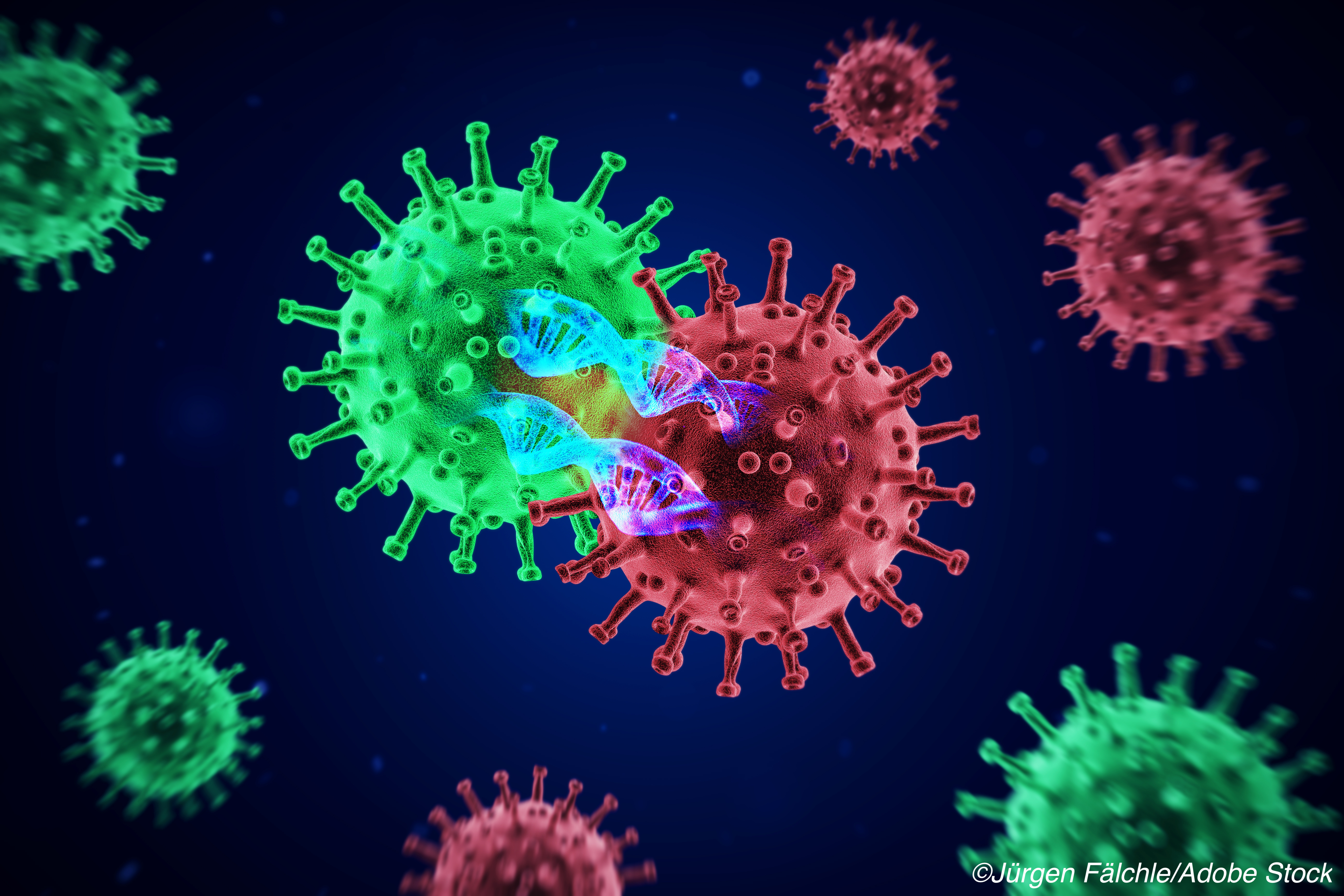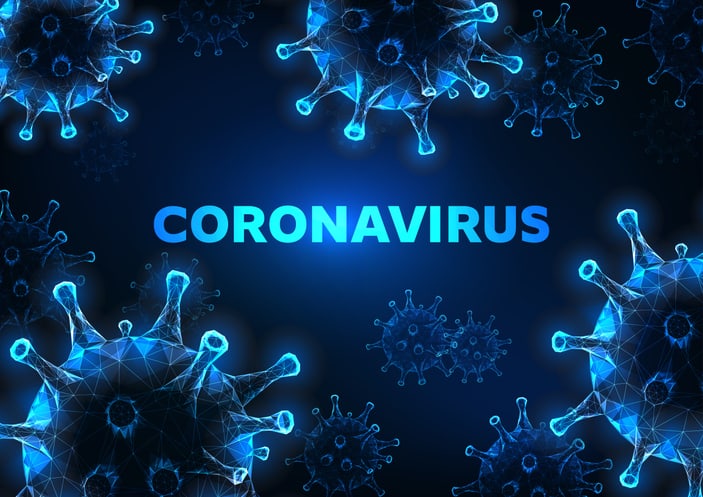
WASHINGTON — The FDA issued an alert to health care providers and laboratory staff that the agency is monitoring the potential impact of Covid-19 mutations on the accuracy of authorized SARS-CoV-2 tests.
While the FDA believes the risk that mutations will impact overall testing accuracy is low, the agency acknowledged the possibility that mutations in the part of the SARS-CoV-2 genome that is assessed by a given test can potentially lead to false negative test results. In it’s statement, the agency singled out the B.1.1.7 variant, the emerging Covid-19 strain that prompted a strict lockdown in the U.K. and that has recently cropped up in the U.S., sparking concern among health experts that genetic variants in the virus are not being properly tracked.
“The FDA will continue to monitor SARS-CoV-2 genetic viral variants to ensure authorized tests continue to provide accurate results for patients,” said FDA Commissioner Stephen M. Hahn, MD, in a statement. “While these efforts continue, we are working with authorized test developers and reviewing incoming data to ensure that health care providers and clinical staff can quickly and accurately diagnose patients infected with SARS-CoV-2, including those with emerging genetic variants. At this time, we believe the data suggests that the currently authorized COVID-19 vaccines may still be effective against this strain. The FDA will continue to keep health care providers and the public informed of any new information as it becomes available.”
The FDA specified that three currently authorized molecular tests — the Accula SARS-CoV-2 Test, TaqPath Covid-19 Combo Kit, and Linea Covid-19 Assay Kit — may be impacted by Covid-19 mutations, but “the impact does not appear to be significant,” the agency stressed.
“Importantly, the detection pattern that appears with the TaqPath and Linea diagnostic tests when certain genetic variants are present may help with early identification of new variants in patients to reduce further spread of infection,” the FDA wrote. “The recently identified B.1.1.7 variant has been associated with an increased risk of transmission, therefore early identification of this variant in patients may help reduce further spread of infection.”
In the alert, the FDA offered the following recommendations for clinical laboratory staff and health care providers who use molecular tests for SARS-CoV-2:
- “Be aware that genetic variants of SARS-CoV-2 arise regularly and false negative test results can occur.
- “Be aware that tests that use multiple genetic targets to determine a final result are less likely to be impacted by increased prevalence of genetic variants.
- “Consider negative results in combination with clinical observations, patient history, and epidemiological information.
- “Consider repeat testing with a different test (with different genetic targets) if Covid-19 is still suspected after receiving a negative test result.”
The FDA asked that any accuracy issues or other adverse events associated with Covid-19 molecular tests be reported through the agency’s MedWatch reporting program. “Health care personnel and clinical laboratory staff employed by facilities that are performing COVID-19 testing should follow the reporting requirements for authorized laboratories as specified in the test’s Emergency Use Authorization,” the FDA added.
John McKenna, Associate Editor, BreakingMED™
Cat ID: 125
Topic ID: 79,125,730,933,125,190,926,192,927,725,928,925,934


